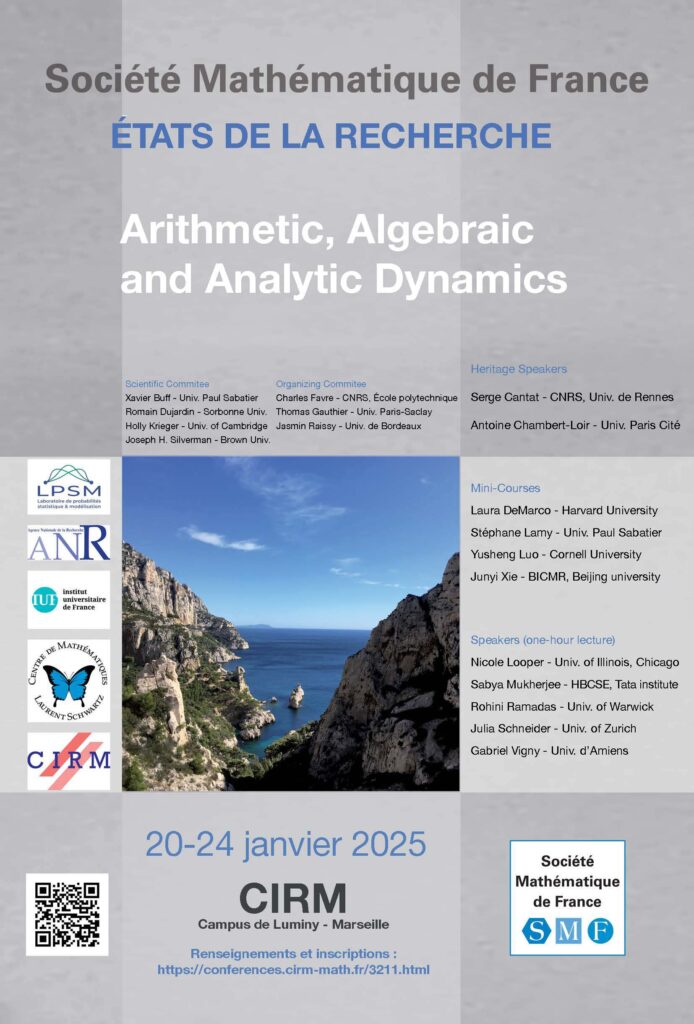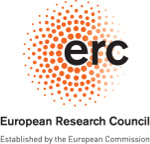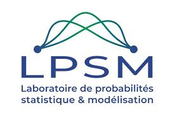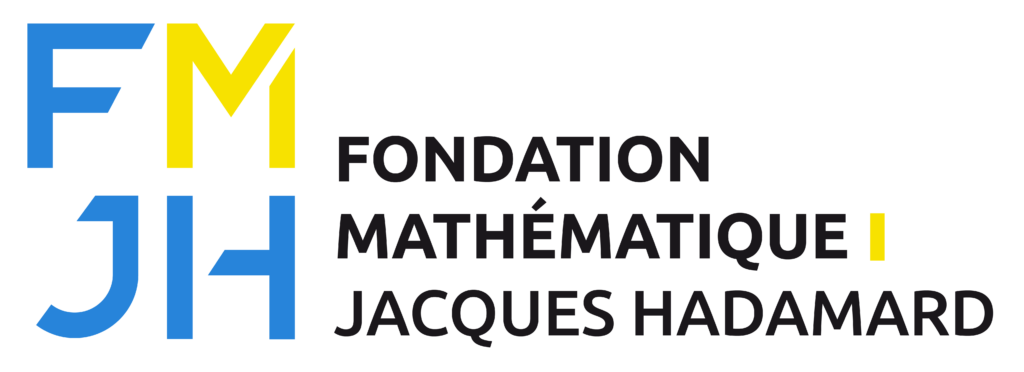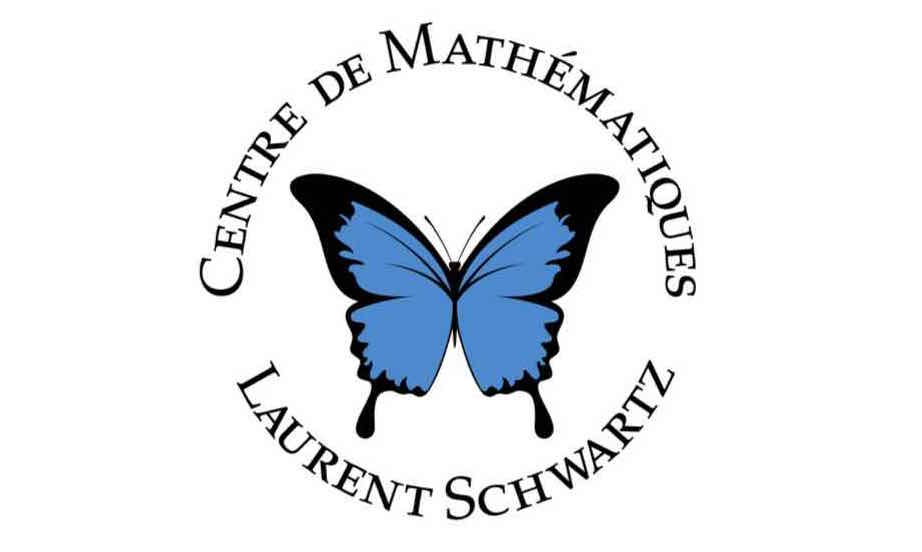Scientific Committee
Comité scientifique
Xavier Buff (Université Paul Sabatier Toulouse)
Romain Dujardin (Sorbonne Université)
Holly Krieger (University of Cambridge)
Joseph H. Silverman (Brown University)
Organizing Committee
Comité d’organisation
Charles Favre (CNRS, Ecole Polytechnique)
Thomas Gauthier (Université Paris-Saclay)
Jasmin Raissy (Université de Bordeaux)
The main goal of these Etats de la recherche is to review some of the most recent spectacular developments in algebraic, analytic and arithmetic dynamics. Covered themes will include a variety of problems related to the iteration of rational maps on algebraic varieties as well as the study of their dynamical moduli spaces. Depending on the structure of the ambient field over which these maps are defined, methods may vary drastically. Over the field of complex numbers, one speaks of holomorphic dynamics in which quasi-conformal deformations play a key role. The case of maps defined over general metrized fields have led to the developments of dynamics over Berkovich spaces. One can also consider maps over number fields whose study lies at the core of arithmetic dynamics. Interactions between these various fields have deepened in the recent years. Complex pluripotential theory combined with tools from arithmetic geometry has been used to prove equidistribution results with applications to problems of unlikely intersection, and to explore dynamical moduli spaces and their special varieties. Methods in p-adic analysis and from the minimal model program have revolutionized our understanding of groups of birational transformations. Non-archimedean dynamics has been turned into a very efficient tool to analyze degeneration problems in holomorphic dynamics.
Ces Etats de la recherche se proposent de faire le point sur les développements récents spectaculaires en dynamique algébrique, analytique, et arithmétique. Les thèmes abordés concernent toutes les questions autour de l’itération des applications rationnelles sur les variétés algébriques ainsi que l’étude de leurs espaces de modules. En fonction de la nature du corps sur lequel ces applications peuvent être définies, les méthodes varient: sur le corps des complexes, on parle alors de dynamique holomorphe; le cas des corps métrisés généraux a mené au développement de la dynamique sur les espaces de Berkovich. On peut aussi considérer des applications définies sur un corps de nombres dont l’étude constitue le cœur de la dynamique arithmétique. Les interactions entre ces différents champs n’ont cessé de s’approfondir : utilisation de la théorie du pluripotentiel complexe et d’outils de géométrie arithmétique pour démontrer des propriétés d’équidistribution et traiter des problèmes d’intersection improbable, ainsi que pour explorer les espaces de modules dynamiques et leurs variétés spéciales ; méthodes p-adiques et introduction du programme du modèle minimal qui ont permis de révolutionner notre compréhension des groupes de transformations birationnelles; utilisation de techniques non-archimédiennes pour analyser les dégénérescences en dynamique holomorphe.
HERITAGE SPEAKERS
Serge Cantat (CNRS, Université de Rennes) Rigidity and examples
Antoine Chambert-Loir (Université Paris Cité) Intersection theory and heights : birational perspective
MINI-COURSES
Laura DeMarco (Harvard University) Geometry and algebra of preperiodic points in PN
Stéphane Lamy (Université Paul Sabatier, Toulouse) The group of tame automorphisms
Yusheng Luo (Cornell University) Degeneration of rational maps and hyperbolic components
Junyi Xie (BICMR, Beijing University) Complexity theory in arithmetic dynamical systems
PLENARY TALKS
Valentin Huguin (University of Toronto) The moduli spaces of polynomial maps and multipliers at small cycles
Sabya Mukherjee (HBCSE, Tata institute of fundamental research) The role of algebraic functions in combination theorems
Rohini Ramadas (University of Warwick) The tropical moduli space correspondence
Julia Schneider (University of Sheffield) Generating the plane Cremona group by involutions
Gabriel Vigny (Université d’Amiens) Julia, Mandelbrot and Hénon
SHORT ADDRESSES
Marc Abboud (Université de Neuchâtel) Intersection of orbits of automorphisms of affine surfaces
Chen Gong (Ecole polytechnique) Non-Archimedean techniques in the study of degenerating sequences
Alex Kapiamba (Harvard University) Singular Parabolic Implosion
Irène Meunier (Université de Toulouse) Dynamical degree of polynomial automorphisms of some affine 3-folds
Jiarui Song (Beijing University) A high-codimensional Yuan’s inequality and its application to higher arithmetic degrees
Virgile Tapiero (Université d’Orléans) Algebraic braids and hyperbolic components of polynomial skew-products over the circle
Marco Vergamini (University of Pisa) Mixing and central limit theorems for Hénon maps
Jit Wu Yap (Harvard University) Quantitative Equidistribution of Small Points in Higher Dimensions


